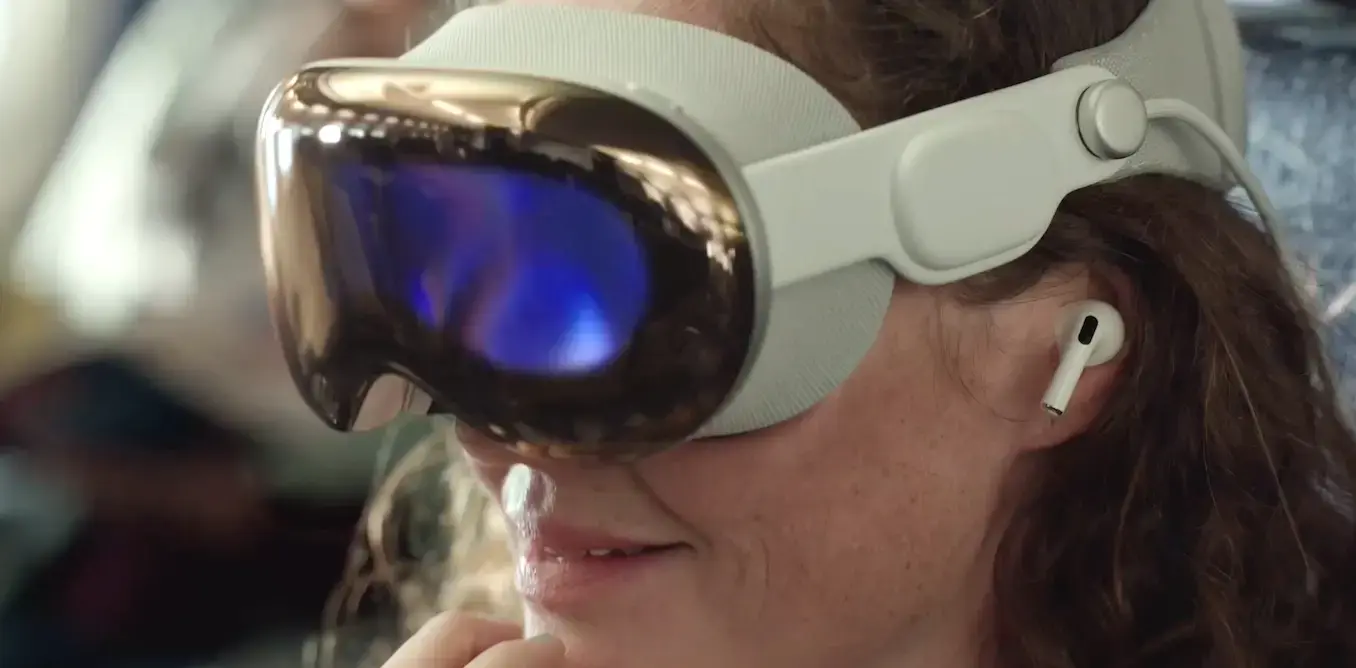Apple Vision Pro is a mixed-reality headset – which the company hopes is a “revolutionary spatial computer that transforms how people work, collaborate, connect, relive memories, and enjoy entertainment” – that begins shipping to the public (in the United States).
The data Apple collects is not “consumer” data like the brand of toothpaste you buy. It is more akin to medical data.
For instance, analysing a person’s unconscious movements can reveal their emotional state or even predict neurodegenerative disease. This is called “biometrically inferred data” as users are unaware their bodies are giving it up.
Apple suggests it won’t share this type of data with anyone.



The headline feels a bit alarmist to me. The article itself is a bit better and more nuanced, but still I feel they are putting way to much drama around this device while almost all these issues already exist as small slabs of electronics that we wear all the time. Combined with smartwatches, smartphones do almost all the spying that is described here and add some GPS tracking wherever you go.
This is not to say that this is not a big issue, merely that this issue is not related to this new device. And also I believe Apple is in fact the only big tech provider that actually tries to be somewhat privacy conscious (Google and Microsoft don’t give damn).
The largest differentiator to other devices by Apple really is the always-on cameras and the idea that you can/should use the device with always-on cameras in public. Otherwise Meta/Oculus have already done just as much as Apple has done here. Apple’s entry into the market just heats up the discussion around the “Metaverse” again.
I work in the space myself and wearing a VIO system on your head can really give you a lot of health and personality information. The device sees your iris and can identify you. It can analyze your gait and with some “AI magic” even notice and detect movements of your extremities outside the visual field of its cameras.
Devices like these can also be helpful in the medical space though: Not just for diagnosing diseases in the brain or of the eyes, but also help with therapy of patients by augmenting reality with virtual content that can help. One classic one is Parkinson’s patients who can walk again normally with some virtual visual guides on the floor.
Clearly that’s not the main goal of Apple, and obviously not of Meta, but it’s not all bad if used correctly. A privacy first approach is definitely necessary. And it’s not completely true that M$ doesn’t give a damn. With their Hololens they did for instance introduce a privacy preserving mapping and localization system. Nevertheless Apple has a good privacy track record compared to other tech companies.